Your Journey to Fertility Preservation: Understanding Egg Freezing in Panama
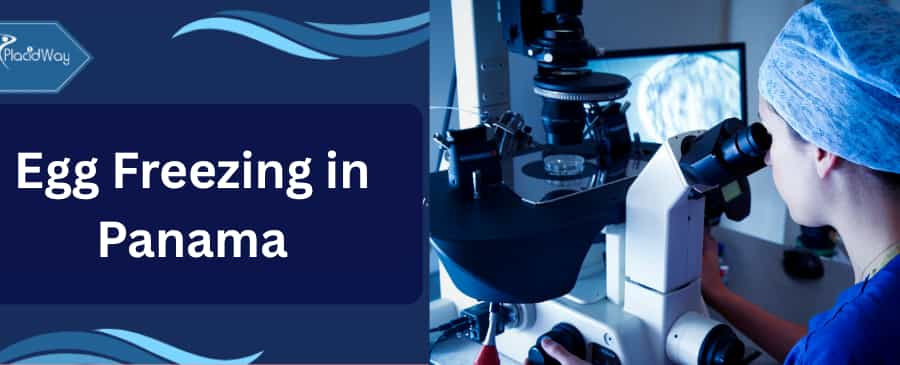
Egg freezing, also known as oocyte cryopreservation, is a revolutionary fertility preservation method that allows women to save their eggs for future use. Whether for medical reasons, career planning, or simply to gain more time to find the right partner, egg freezing offers significant flexibility. Panama has emerged as a compelling destination for this procedure, offering advanced clinics and experienced specialists, often at a more accessible price point than in some Western countries. Understanding the detailed process is key to embarking on this important journey. This guide will walk you through each step of the egg freezing process in Panama, from the initial consultation to the long-term storage of your eggs.
What is the general process for egg freezing in Panama?
The egg freezing process in Panama follows a standardized protocol similar to those used in top fertility clinics worldwide. It involves several distinct phases designed to maximize the number of healthy, mature eggs retrieved and preserved.
- Initial Fertility Testing and Consultation:
- Your journey begins with a comprehensive consultation with a fertility specialist in Panama. They will review your medical history, discuss your reasons for egg freezing, and outline the procedure.
- You will undergo various tests to assess your current ovarian reserve and overall health. These typically include:
- Blood tests: To measure hormone levels such as FSH (Follicle-Stimulating Hormone), LH (Luteinizing Hormone), Estradiol (E2), and AMH (Anti-Müllerian Hormone), which provide an indication of your egg supply.
- Transvaginal ultrasound: To count antral follicles (small fluid-filled sacs in the ovaries that contain immature eggs) and check for any ovarian or uterine abnormalities.
- Infectious disease screening: Tests for conditions like HIV, Hepatitis B and C, and Syphilis.
- Based on these results, the doctor will create a personalized treatment plan, including the type and dosage of medications.
- Ovarian Stimulation (Hormone Injections):
- This phase typically begins on the second or third day of your menstrual cycle and lasts approximately 10-14 days.
- You will self-administer daily hormone injections (gonadotropins) to stimulate your ovaries to produce multiple eggs, rather than the single egg typically released during a natural cycle.
- Throughout this period, you'll have regular monitoring appointments at the clinic, involving blood tests and ultrasound scans, to track the growth and development of your follicles. This monitoring ensures that the eggs are maturing properly and helps the doctor determine the optimal time for egg retrieval.
- Once the follicles reach a suitable size, a "trigger shot" (an injection of hCG or Lupron) is administered. This final injection helps the eggs mature fully and prepares them for retrieval. The timing of this shot is crucial and will be precisely scheduled by your doctor.
- Egg Retrieval:
- Approximately 34-36 hours after the trigger shot, the egg retrieval procedure is performed. This is a minor surgical procedure conducted under light sedation or general anesthesia, ensuring you experience no pain.
- A fertility specialist uses a transvaginal ultrasound probe to guide a thin needle through the vaginal wall into each ovarian follicle. Suction is applied to gently aspirate the fluid from the follicles, along with the eggs.
- The procedure typically takes 20-30 minutes, depending on the number of follicles. After retrieval, you'll spend a few hours in a recovery room before being discharged. You will need someone to drive you home.
- Egg Freezing (Vitrification) and Storage:
- Immediately after retrieval, the eggs are taken to the embryology laboratory. The embryologists will identify and assess the maturity of the retrieved eggs. Only mature eggs are suitable for freezing.
- The mature eggs undergo a rapid freezing process called vitrification. This technique involves plunging the eggs directly into liquid nitrogen at ultra-low temperatures. This rapid freezing prevents the formation of ice crystals, which can damage the delicate egg cells, thereby improving their survival rate upon thawing.
- The frozen eggs are then securely stored in specialized cryopreservation tanks filled with liquid nitrogen, where they can remain viable for many years, theoretically indefinitely.
- The clinic will inform you about the number of mature eggs successfully frozen.
The entire active treatment phase, from the start of ovarian stimulation to egg retrieval, generally takes about 2 to 3 weeks. The initial testing and consultation phase can take longer depending on scheduling and results.
Who is an ideal candidate for egg freezing in Panama?
Egg freezing offers a proactive approach to fertility planning for various individuals. Ideal candidates for egg freezing in Panama typically include:
- Women who wish to delay childbearing: This is a primary reason, allowing women to focus on their careers, education, or finding the right partner without the pressure of their biological clock.
- Women facing medical treatments that may affect fertility: This includes cancer patients undergoing chemotherapy or radiation, or those with autoimmune diseases requiring strong medications that could damage ovarian function.
- Women with a family history of early menopause: Freezing eggs at a younger age can safeguard their fertility before it declines prematurely.
- Women undergoing IVF with surplus eggs: If a woman produces more eggs than needed for an IVF cycle, the excess can be frozen for future use.
- Women with certain genetic conditions: Egg freezing can be an option if they wish to undergo preimplantation genetic testing in the future with their own eggs.
While women of any reproductive age can consider egg freezing, it's generally most effective for those in their 20s and early to mid-30s, as egg quality and quantity naturally decline with age. Panama's fertility clinics will provide personalized assessments to determine if you are a suitable candidate.
How long does the active egg freezing process take in Panama?
The active medical portion of the egg freezing process in Panama is relatively short compared to the overall planning. Once you've completed your initial consultations and diagnostic tests:
- Ovarian Stimulation: This phase lasts approximately 10 to 14 days. During this period, you will have daily hormone injections and frequent monitoring appointments (ultrasounds and blood tests) every 1-3 days to track follicle growth.
- Egg Retrieval: This procedure takes about 20-30 minutes and is performed 34-36 hours after your trigger shot. You'll spend a few hours at the clinic for recovery.
Therefore, the total active treatment time for egg freezing in Panama is usually around 2 to 3 weeks. This efficient timeline allows international patients to plan their travel accordingly. Some clinics may suggest a "rest" period if you've been on hormonal birth control, which would extend the overall timeline before starting stimulation.
What are the success rates of egg freezing in Panama?
The success of egg freezing in Panama, as with any fertility preservation method, is highly dependent on a few critical factors, with the woman's age at the time of freezing being the most significant predictor. Clinics in Panama, like leading centers globally, leverage advanced vitrification techniques that yield high survival rates for eggs upon thawing.
- Age at Freezing:
- For women under 35, the chances of achieving a live birth from frozen eggs are significantly higher.
- Success rates gradually decline with increasing age because older eggs have a higher likelihood of chromosomal abnormalities.
- Number of Eggs Frozen:
- The more eggs frozen, the higher the cumulative chance of a future live birth. Clinics often provide guidance on the optimal number of eggs to freeze based on your age and desired family size. For example, to have an 80% chance of a live birth, a woman at 34 might need to freeze 12 eggs, whereas a woman at 37 might need 24 eggs.
- Egg Survival Rate: With modern vitrification, egg survival rates upon thawing are typically very high, often exceeding 80-90%.
- Clinic Expertise: The experience of the embryology team and the quality of the laboratory where the freezing takes place also play a crucial role in overall success.
Panama's clinics are equipped with modern technology and skilled professionals, contributing to competitive success rates. During your consultation, your doctor will discuss your personalized success probabilities based on your specific situation.
What is the cost of egg freezing in Panama?
One of the appealing aspects of choosing Panama for fertility treatments like egg freezing is the cost-effectiveness compared to North America or Europe. While prices can vary between clinics and individual needs, the general cost for one cycle of egg freezing in Panama typically falls within the range of $5,000 to $8,000 USD.
This price generally includes:
- Initial consultation and fertility assessment.
- Ovarian stimulation monitoring (ultrasounds and blood tests).
- Egg retrieval procedure (including anesthesia).
- Egg vitrification (freezing).
- Initial storage (often for the first year).
However, it's crucial to be aware of potential additional costs:
- Fertility Medications: The cost of hormone injections can be significant, ranging from $1,500 to $5,000 USD per cycle, depending on the dosage and type of medication needed.
- Annual Storage Fees: After the initial included storage period, you will typically incur an annual fee for keeping your eggs cryopreserved, which can range from $300 to $800 USD per year.
- Future Thawing and IVF Costs: When you decide to use your frozen eggs, you will incur separate costs for thawing, fertilization (typically via ICSI), embryo culture, and embryo transfer, which are part of an IVF cycle.
Always request a detailed, itemized quote from your chosen clinic to understand all potential expenses involved in your egg freezing process in Panama.
Are there any legal age limits for egg freezing in Panama?
In Panama, specific legislation regarding a strict legal upper age limit for egg freezing for personal reasons is not commonly highlighted. However, fertility clinics universally operate based on medical best practices and success rates, which are heavily influenced by age.
- Medical Recommendations: Fertility specialists in Panama, consistent with global guidelines, strongly recommend and encourage women to consider egg freezing before the age of 35. This is because both the quantity and quality of eggs decline significantly after this age, impacting the success rate of future pregnancies.
- Individual Assessment: While there isn't a hard legal cut-off, clinics will conduct a thorough assessment of your ovarian reserve (via AMH levels and antral follicle count) and overall health to determine if egg freezing is a viable and beneficial option for you, regardless of your age.
- Focus on Viability: The primary concern is to freeze eggs that have the highest chance of resulting in a healthy pregnancy later. Therefore, if a woman is older, the clinic might discuss the need to retrieve a higher number of eggs to achieve a reasonable chance of success, or discuss alternative options if ovarian reserve is very low.
It's important to have a candid discussion with a fertility specialist at a Panama egg freezing clinic to understand the medical considerations related to your age and fertility status.
What should I look for in an egg freezing clinic in Panama?
Selecting the right clinic for your egg freezing process in Panama is crucial for a successful and comfortable experience. Here are key factors to consider:
- Reputation and Experience: Look for clinics with a long-standing history and extensive experience in fertility treatments, particularly egg freezing. Clinics with US board-certified specialists or those affiliated with international fertility organizations often indicate higher standards. Panama Fertility, for example, is noted for having US board-certified specialists and extensive experience.
- Success Rates: While specific egg freezing success rates can be hard to compare directly due to varying reporting methods, inquire about the clinic's overall success rates for IVF and thawing survival rates for frozen eggs.
- Advanced Laboratory Facilities: The quality of the embryology lab and the cryopreservation technique (vitrification) used are paramount. Ensure they have state-of-the-art equipment and skilled embryologists.
- Transparent Pricing: As discussed, get a detailed, itemized quote that clearly outlines all costs, including medications, initial storage, and future annual storage fees.
- Patient Reviews and Testimonials: Look for independent reviews and testimonials from past patients to gauge their experiences with the clinic's care, professionalism, and outcomes.
- Patient Support Services: Especially for international patients, look for clinics that offer comprehensive support, including assistance with travel logistics (airport transfers, accommodation), translation services, and dedicated patient coordinators.
- Personalized Care: A good clinic will offer a tailored treatment plan based on your individual fertility assessment and goals, rather than a generic approach.
- Accreditation: Confirm that the clinic is licensed and regulated by the relevant health authorities in Panama.
Thorough research and direct communication are vital to making an informed decision for your egg freezing journey in Panama.
What is the recovery after egg retrieval in Panama?
After the egg retrieval procedure in Panama, recovery is generally straightforward, but it's important to understand what to expect:
- Immediate Aftermath:
- You will wake up from the light sedation feeling drowsy. It's crucial to have a companion to drive you home and stay with you for the rest of the day as the anesthesia wears off.
- You might experience some mild cramping, similar to menstrual cramps, and light spotting.
- First Few Days:
- Most women experience mild to moderate bloating and abdominal discomfort for 1 to 3 days post-retrieval. This is due to the ovaries being temporarily enlarged from stimulation and the procedure itself.
- Over-the-counter pain relievers (like ibuprofen or acetaminophen) can help manage discomfort. Your doctor may also prescribe stronger pain medication if needed.
- Rest is recommended for the remainder of the day of the procedure.
- Resuming Activities:
- You can typically resume light daily activities within 1-2 days.
- Avoid strenuous exercise, heavy lifting, and sexual intercourse for about a week, or as advised by your clinic, to prevent ovarian torsion (twisting of the ovary) and reduce discomfort.
- It's important to stay hydrated.
- When to Contact the Clinic: While rare, seek immediate medical attention if you experience severe pain, heavy bleeding, fever, or signs of Ovarian Hyperstimulation Syndrome (OHSS) such as severe abdominal bloating, nausea, vomiting, or significant weight gain.
Your egg freezing clinic in Panama will provide detailed post-operative instructions to ensure a smooth and safe recovery.
For those considering fertility preservation options like egg freezing, PlacidWay offers comprehensive support and access to leading clinics worldwide, including those in Panama. Explore PlacidWay's resources to discover solutions tailored to your medical tourism and healthcare needs.


.png)
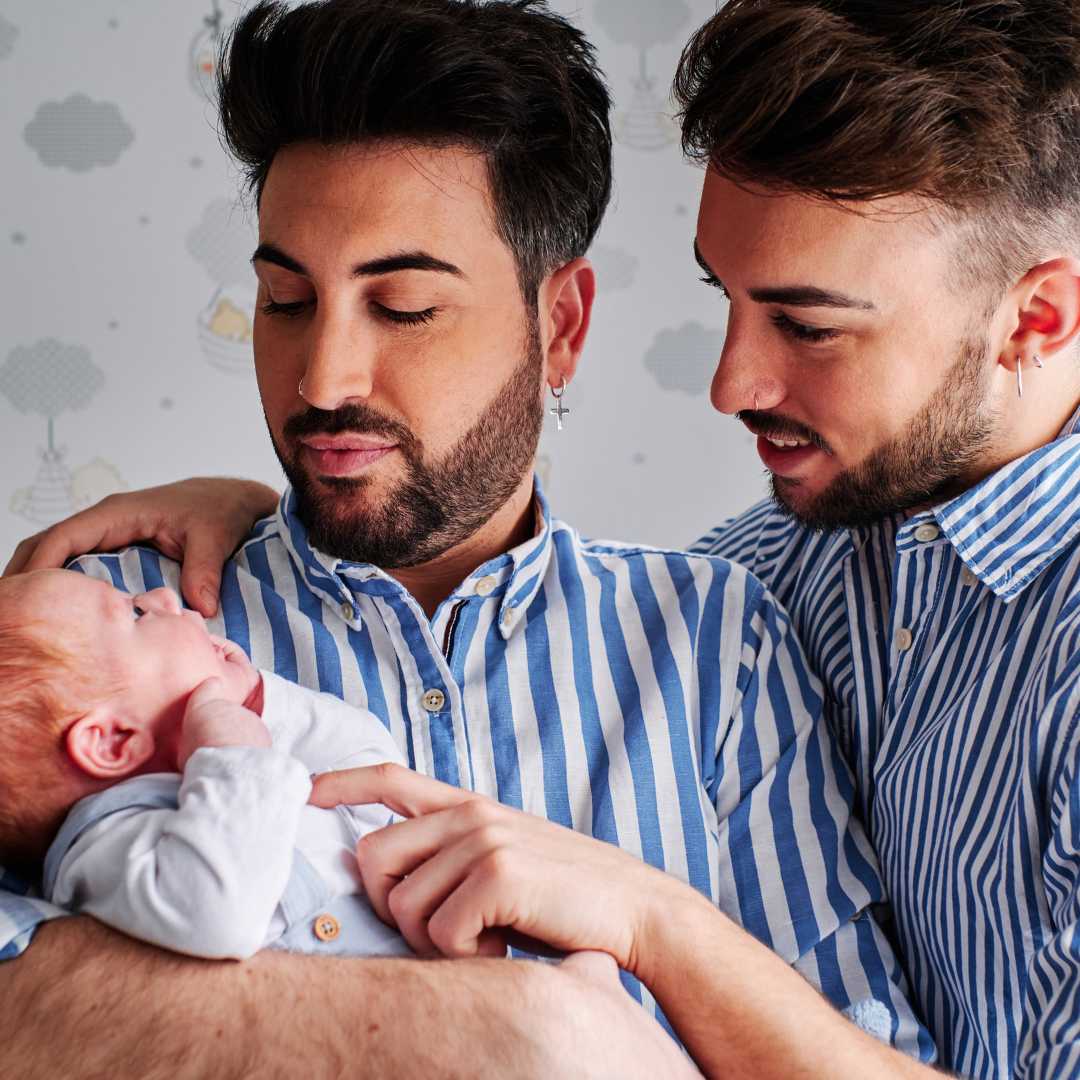

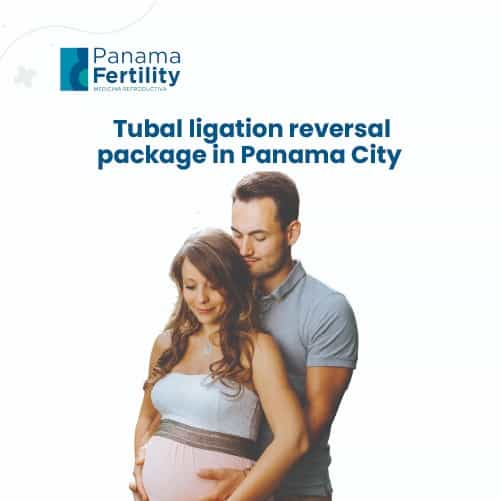
-Package-at-Advanced-Fertility-Center-Cancun,-Cancun,-Mexico.png)

.png)
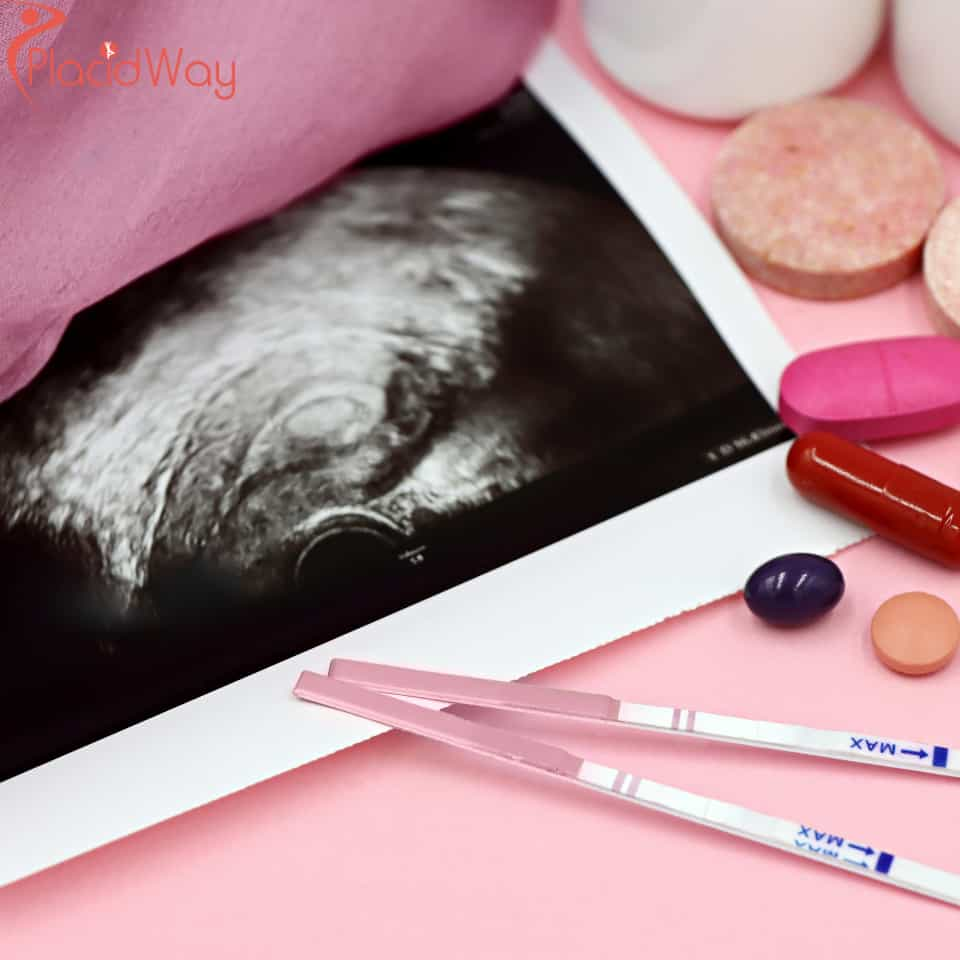

.png)
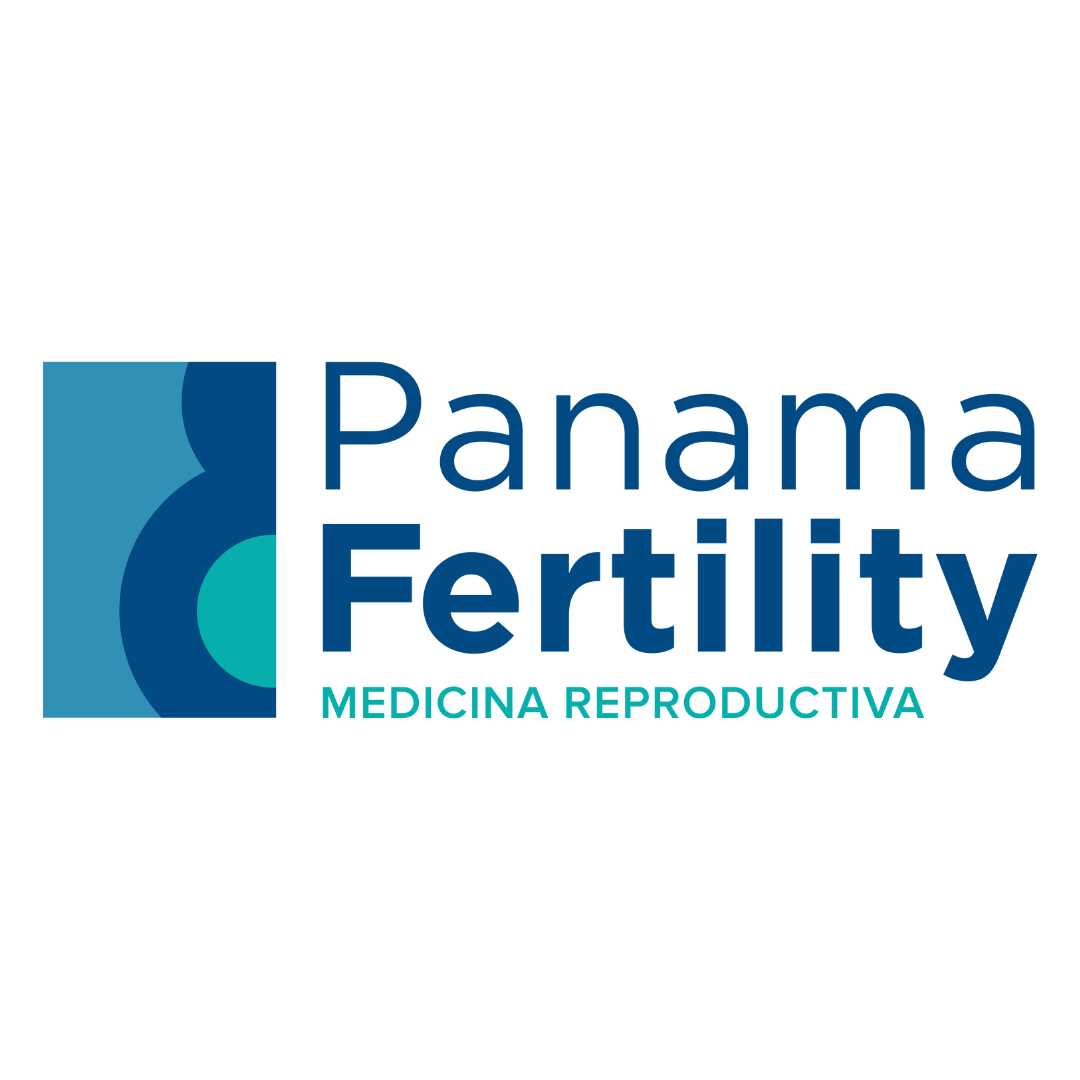
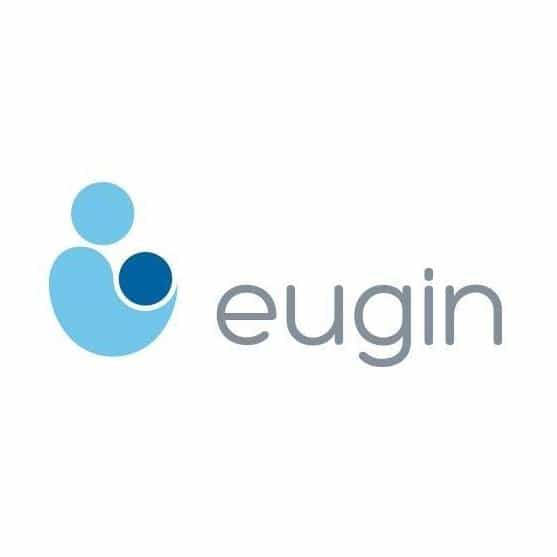


Share this listing